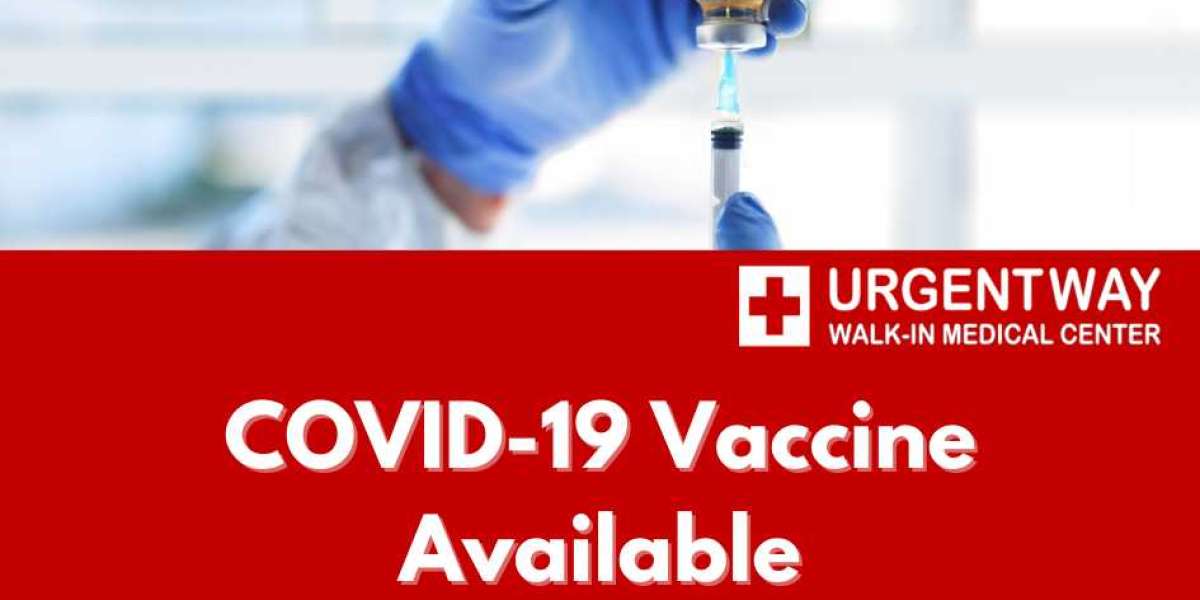Booster doses serve to enhance and prolong the immunity conferred by primary vaccination. They are typically administered after an initial series of vaccinations to bolster the body's immune response. This reinforcement is especially crucial for diseases like COVID-19, where immunity may wane over time or in the face of new variants.
The effectiveness of booster doses lies in their ability to stimulate the immune system's memory response. By reintroducing components of the virus or pathogen, booster shots remind the immune system to produce specific antibodies and immune cells, thereby strengthening its defense against future encounters with the pathogen.
For COVID-19 booster doses have been developed based on the original vaccine platforms, such as mRNA, viral vector, and protein subunit vaccines. These boosters typically contain the same or similar antigenic components as the original vaccines but may be adjusted to better match emerging variants.
Emerging Variants and the Need for Boosters:
The emergence of new variants, such as Delta and Omicron, has underscored the importance of booster doses in staying ahead of the virus. Variants can exhibit changes in key viral proteins, potentially affecting vaccine effectiveness and increasing the risk of breakthrough infections.
Booster doses offer a proactive approach to address this challenge by providing an additional layer of immunity. By priming the immune system to recognize and neutralize new variants, boosters help reduce the likelihood of severe illness, hospitalization, and transmission.
Recent studies have demonstrated the efficacy of booster doses in enhancing protection against variants. For example, data from clinical trials and real-world studies have shown that booster shots significantly increase antibody levels and reduce the risk of infection and severe disease, even against highly transmissible variants.
Furthermore, booster doses can help extend the duration of immunity beyond what is achieved with primary vaccination alone. As initial vaccine-induced immunity may wane over time, particularly in older adults and immunocompromised individuals, boosters serve as a vital tool for maintaining long-term protection.
Public Health Implications:
The widespread administration of booster doses presents both opportunities and challenges for public health authorities. On one hand, boosters offer a pathway to controlling the spread of COVID-19, preventing outbreaks, and protecting vulnerable populations. On the other hand, ensuring equitable access to booster doses remains a significant challenge, particularly in low- and middle-income countries.
Efforts to scale up booster vaccination campaigns must be accompanied by strategies to address disparities in access and vaccine distribution. This includes bolstering global vaccine manufacturing capacity, reducing vaccine nationalism, and strengthening international cooperation and solidarity.
Moreover, public health messaging plays a crucial role in promoting booster uptake and dispelling misinformation. Clear communication about the safety, efficacy, and importance of booster doses is essential for building trust and confidence in vaccination efforts.
Ethical considerations also come into play when prioritizing certain populations for booster doses. While high-risk groups, such as healthcare workers, the elderly, and immunocompromised individuals, may benefit most from boosters, ensuring equitable access for all eligible individuals remains paramount.
Looking Ahead:
As the COVID-19 pandemic continues to evolve, ongoing research and surveillance will be critical for informing vaccination strategies and policy decisions. This includes monitoring the effectiveness of booster doses against emerging variants, assessing the need for additional booster doses over time, and evaluating the long-term impact of vaccination on population immunity.








